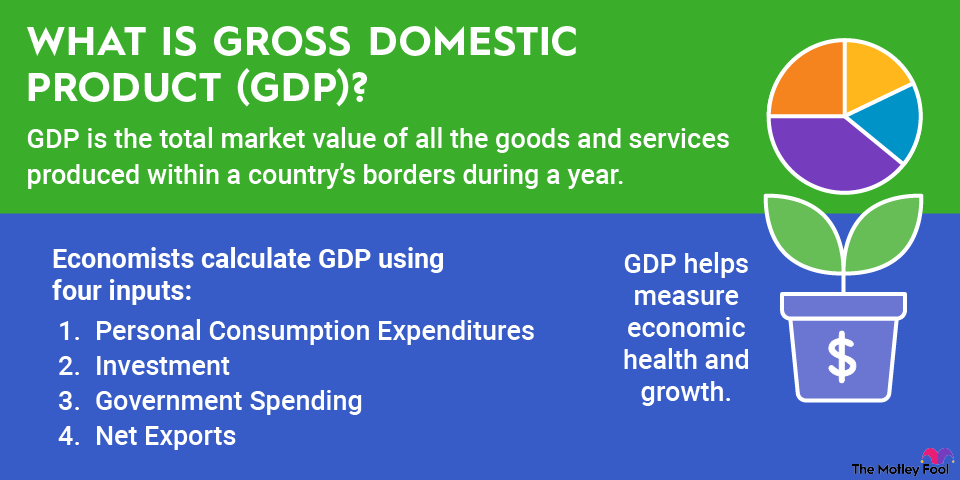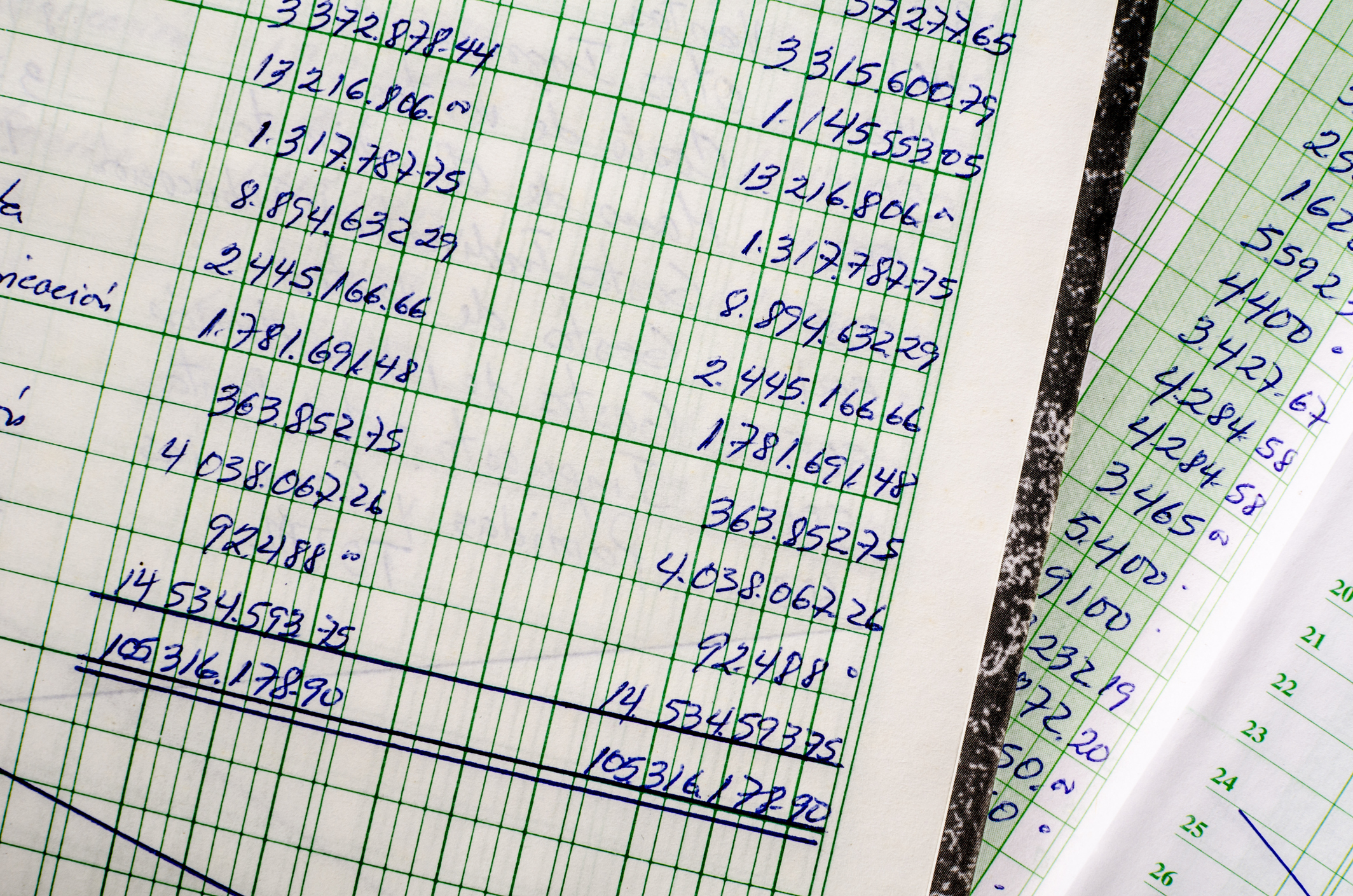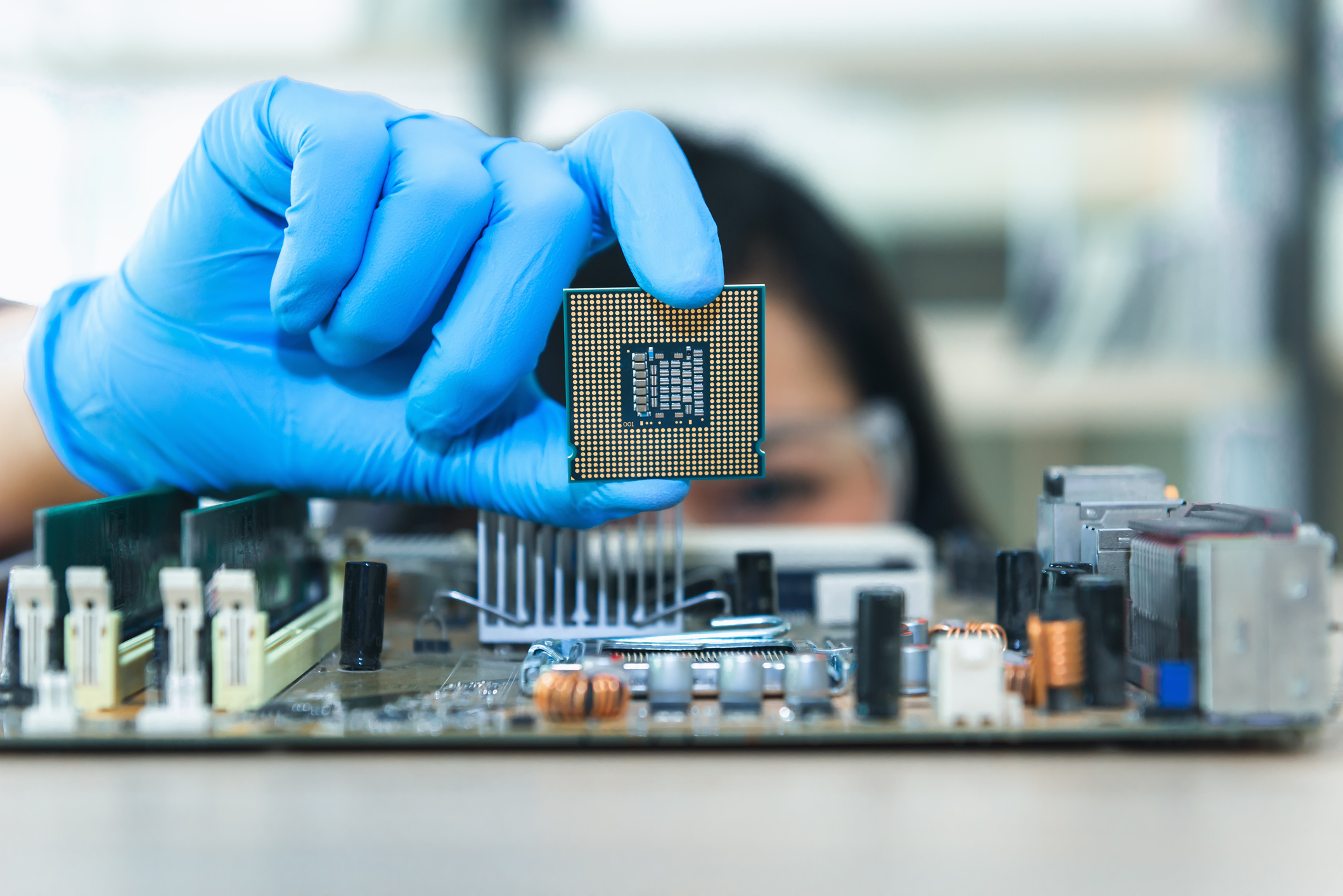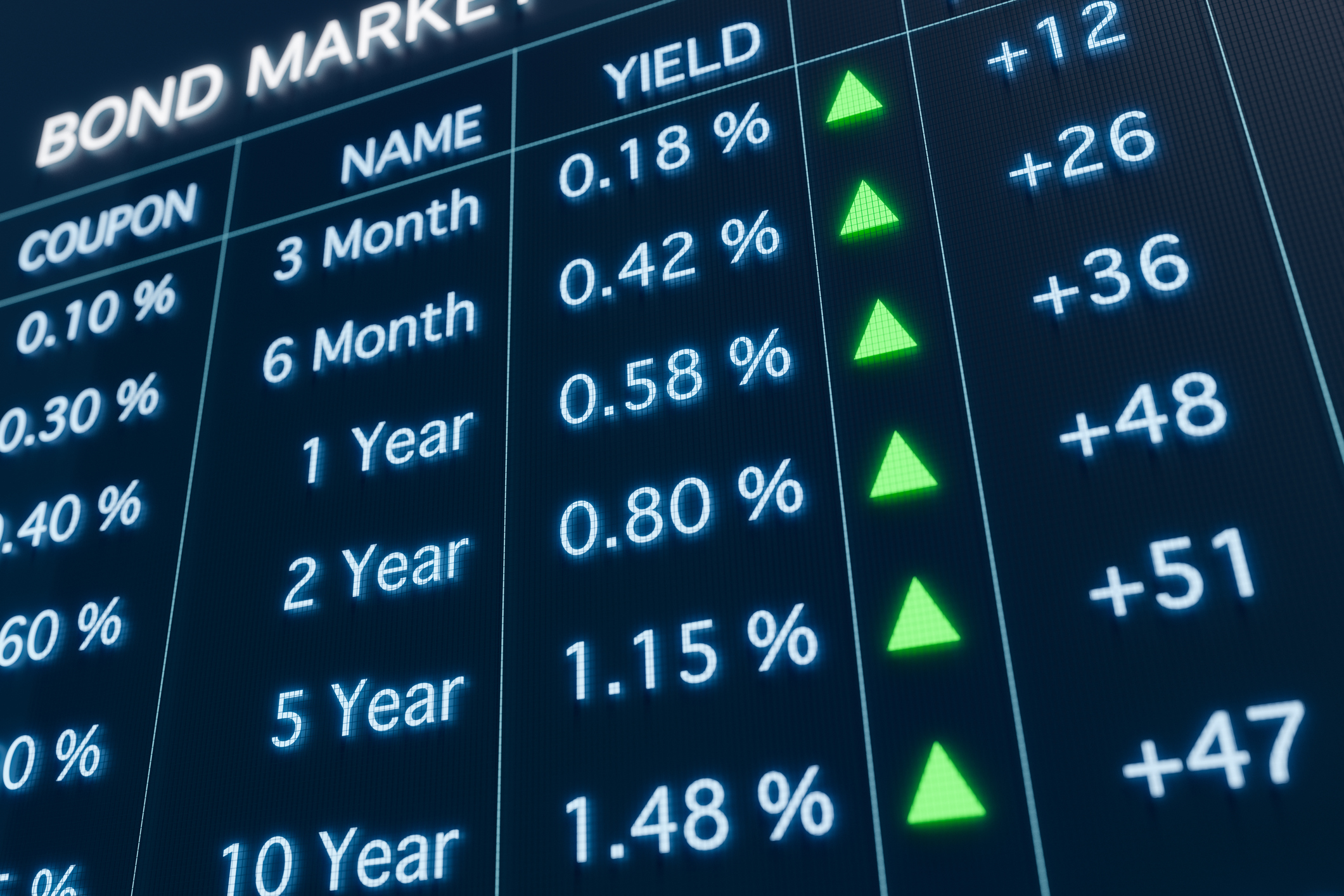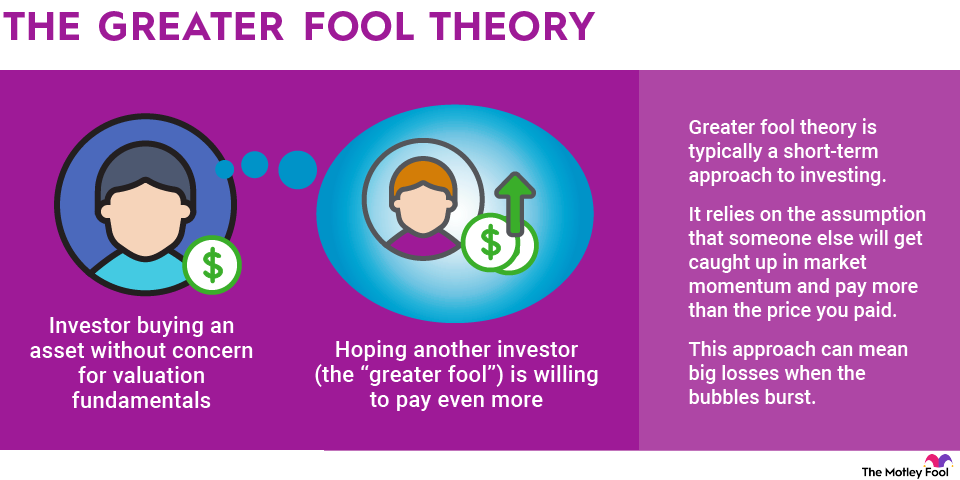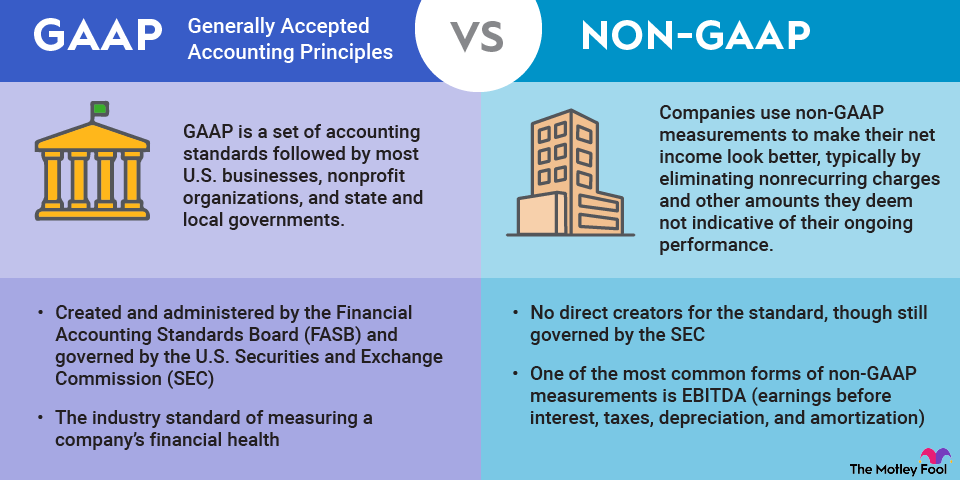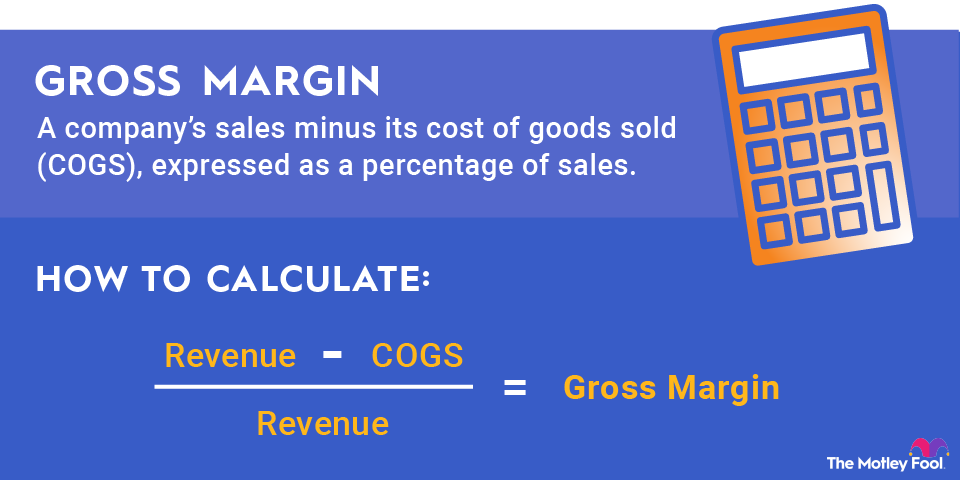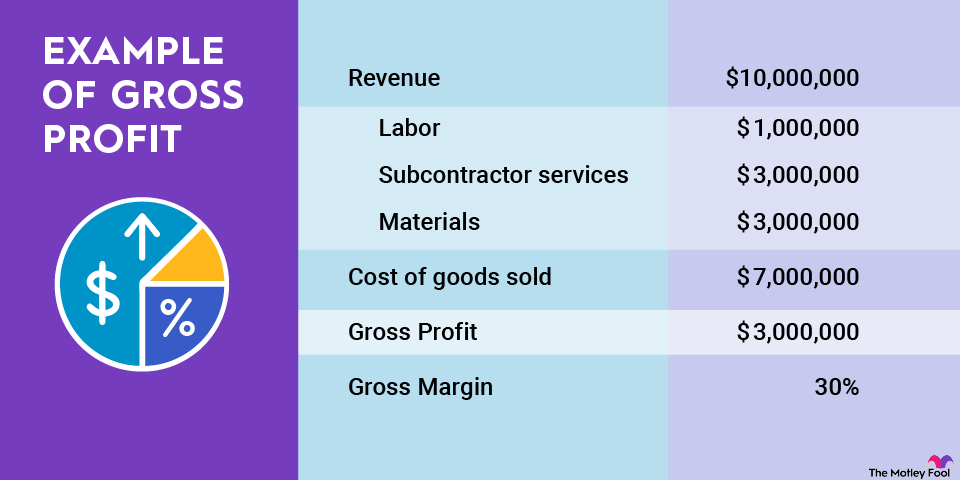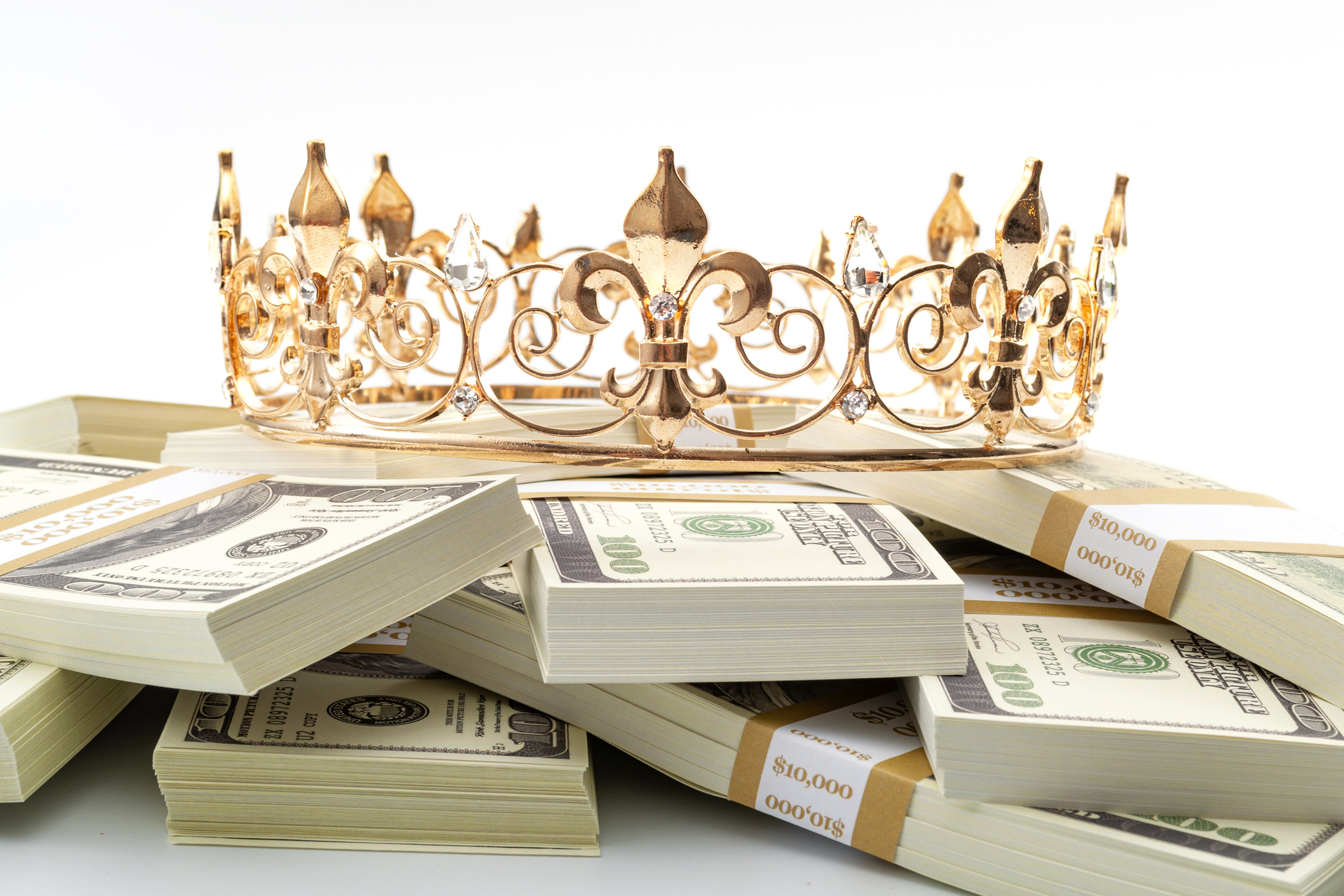Generic drugs can save you money, whether you're filling a prescription or shopping for store-brand over-the-counter medications. These medications are developed to high standards, but often cost a fraction of what their corresponding branded drugs do. Read on to understand why this is, and why it all matters to pharmaceutical and biotech investors.
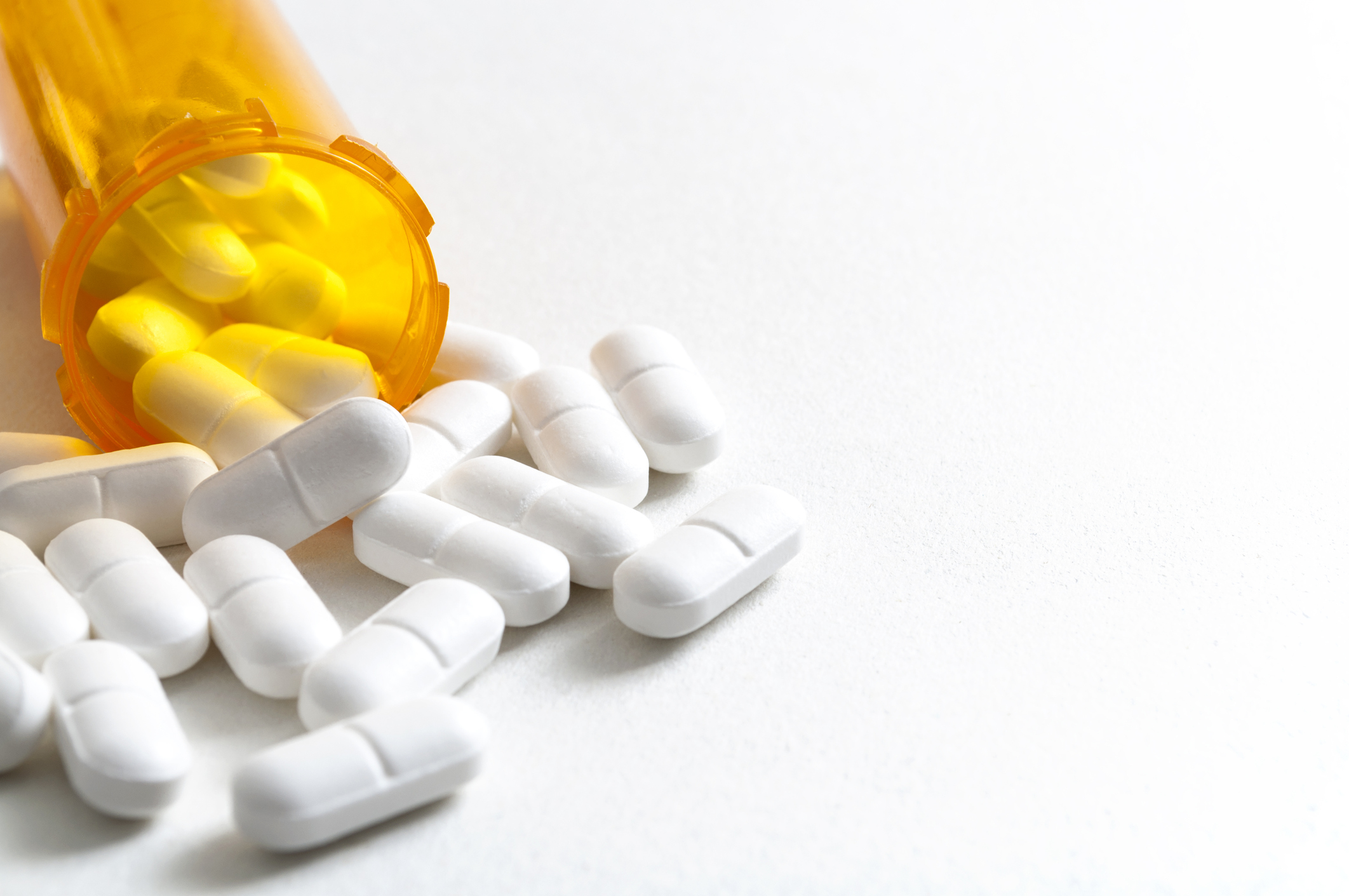
What are generic drugs?
Generic drugs are essentially copies of brand-name drugs that you know and trust. These medications can be manufactured and sold once the brand-name drug's patent expires. They're often priced at a significant discount for consumers.
Generic drugs and brand-name drugs must contain the same active ingredients and work the same in the body (known as bioequivalence), though the inactive ingredients can differ. Since they're manufactured using chemical processes, consistency is easy to achieve.
How are generic drugs different from brand-name drugs?
There are a few slight differences between generic drugs and brand-name drugs. In generic drugs, different inert fillers are allowed, which can slightly change the composition. However, this doesn't change the drug's safety or efficacy; if it did, the generic drug wouldn't be approved for use.
Generics and brand-name drugs also have different appearances. They can't look identical because of federal trademark laws.
What is the approval process for generic drugs?
Generic drugs enjoy a shortened approval process versus their brand-name cousins. Instead of having to go through multiple animal and human clinical trials under a New Drug Application (NDA), they're approved through the expedited Abbreviated New Drug Application (ANDA) process, in which they essentially must prove that they're the same as the brand-name drug.
To get approval for a generic version of a brand-name medication, drugmakers must show that the generic:
- Contains the same active ingredient(s).
- Is identical in strength, dosage form, and route of administration.
- Has the same approved uses.
- Meets the same batch requirements for identity, strength, purity, and quality.
- Is manufactured under the same FDA standards.
Because generics that meet these requirements can skip trials, the time and cost to bring these drugs to market are substantially lower.
Why do generic drugs matter to investors?
Drug patents usually last about 20 years from the date of filing. Because of the extensive time required for testing and clinical trials, a drug might spend significantly less time on the market before its patent expires. After that, competitors can begin making generics, which can push down prices for a brand-name drug and cut into margins.
For these reasons, investing in companies that specialize in generic drugs can be appealing. These drugs are cheap to produce by comparison and get approved quickly, since the maker of the brand-name version already did most of the hard work.
Manufacturers of generic drugs operate on much thinner margins, but can produce a much larger catalog of drugs due to the relative ease of the approval process. Brand-name drugs may command larger margins, but they cost significantly more to develop and produce. When exclusivity expires, drug makers often face a patent cliff, or a steep drop in revenue as generic manufacturers introduce cheaper versions.
